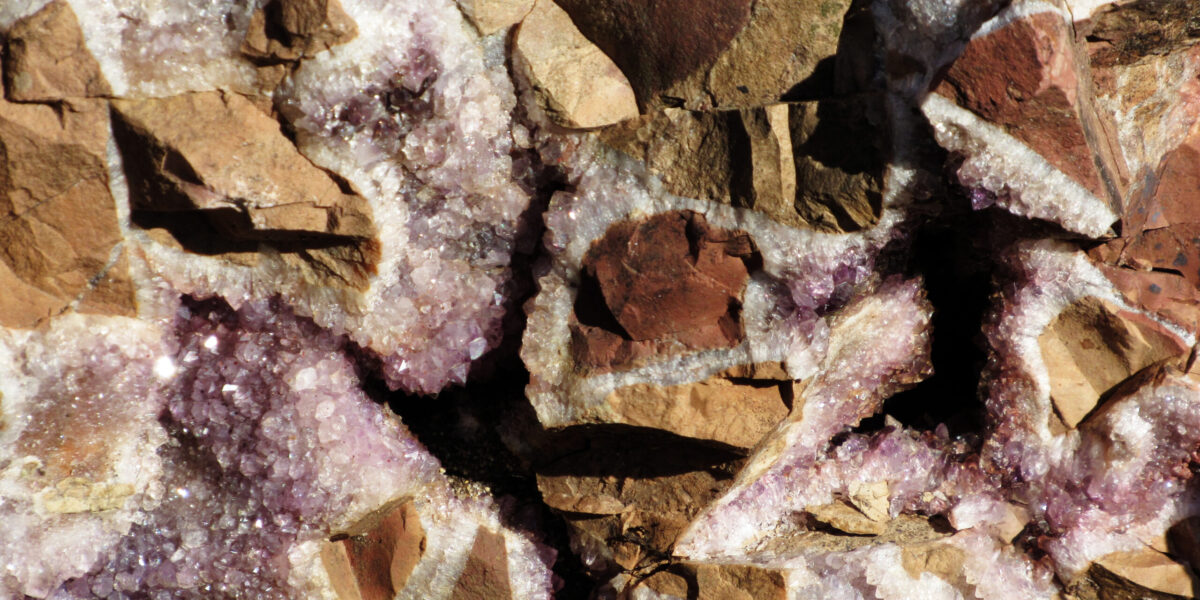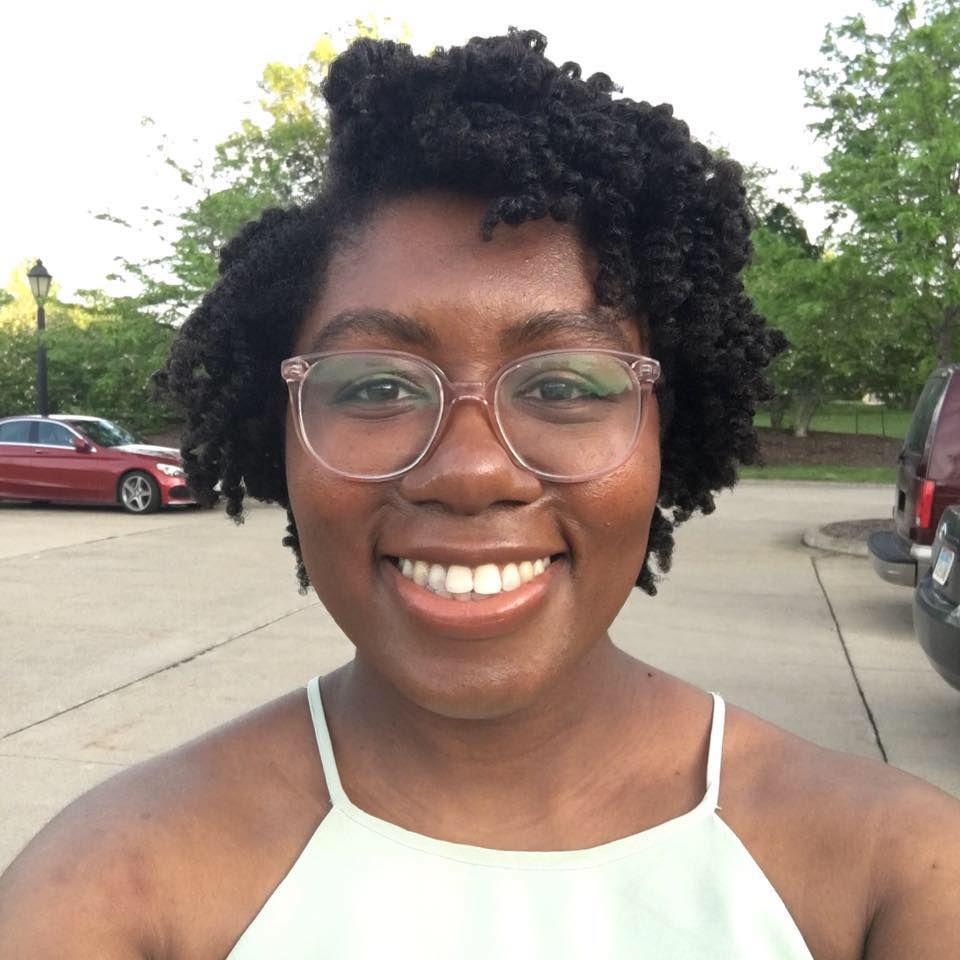This blog post is adapted from a sermon Faith Bell gave at Fairhaven Mennonite Church in Fort Wayne, Indiana, where she is a member.
In the beginning, God created everything. When God created humans, God described this creation as very good.
Despite God’s beautiful declaration of goodness, I have often considered being called human as an insult. Phrases like "only human" imply deficiency. But the Exodus story reminds me that what God said about human goodness is true, and God will always find a way for creation to flourish.
In this Old Testament book, the people who encountered and followed God the Creator were enslaved in Egypt. God heard their cries and worked with Moses and Aaron, leading them on a journey of liberation. Through miracles and wonders of God’s palpable presence, the people left the bondage of slavery for the freedom of journeying on to the place God had prepared for them.
Enslaved people are dehumanized. Something as simple as rest is not within the enslaved person’s choice, since those in power dictate what is permissible for her. When the people were no longer in bondage, God gave commands, in Exodus 20, that reoriented the people to what it means to be human, a part of creation that is very good.
Most of the commands are ones I am familiar with, like having rest on the Sabbath and not stealing. But at the end of the chapter, there is a command that was unfamiliar to me.
"Build for me an altar made of earth. … If you use stones to build my altar, use only natural, uncut stones. Do not shape the stones with a tool, for that would make the altar unfit for holy use" (Exodus 20:24-25, NLT).
The kingdom God creates is one made of people who are uniquely and wonderfully made. I am here to be the human God created me to be. God could desire an altar that looks perfectly symmetrical with no distinguishing marks. Instead, God prefers something that showcases the very good nature of humanity that God created.
The uncut stones in the altar of God’s kingdom are not stagnant. They are actively learning from each other. If we are building something together, our uncut sharp edges are going to rub off on each other in ways that make us stronger together. In our individual natural ways, we increasingly develop the characteristics of God’s love.
I am encouraged to see, in modern times, the ways God’s people support one in another in being the uncut stones God delights in. MennoCon21 is a hybrid convention this year. On the virtual platform, Joe Sawatzky, church relations representative for Mennonite Mission Network, is hosting a recorded seminar titled, "Breaking a Mission Mold in Africa." Sawatzky interviews James Krabill, Jonathan Larson and Thomas Oduro about the 60-plus year relationship between North American Mennonites and African Initiated Churches.
In the interview, Oduro talks about his experiences with mission-planted churches in Ghana. The leaders of those churches expected him and those he loved to leave their African identity at the door. The leaders expected that the way everyone worshiped, preached, dressed and interacted had to resemble European churches. Instead, however, in the African Initiated Churches, the music sounded like the music of the African people, and the worship style was their own. Oduro and his community did not have to leave their full God-given selves at the door or apologize for doing the work of God in the way God called them to.
This story resonated with me. As a Black American, I have tried to let go of and ignore my Blackness. All the theology books and commentaries I read as a young adult were authored by White people. When I moved away from my family after college, I chased friendships and networking circles made up of only White people. I acted as if I only had something to learn from them and nothing to give. I tried to be a smooth stone to fit in and make everyone else comfortable.
But like in the Exodus story, God is leading me on a journey to re-embrace my humanity. I appreciate the wisdom of my Black elders, as they describe how God has been with them through the joys and pains of life. Like in the African Initiated Churches, my ancestors learned how to connect with God in ways authentic to their experience.
Now, I better understand that I am here to be the human God created me to be. Which means my refinement cannot result in me looking exactly like someone I am not, or me requiring someone else to look exactly like me. That’s not the kind of altar that pleases God.
I read widely and critically now. I see the beauty in my humanity, even if I encounter people who want me to be their version of saved — an altar made of cut, identical stones.
What edges are you attempting to cut away at the originality of you — the creation God says is very good? What are you leaving behind that would allow you to flourish in the ways you worship and love God, the ways that God would call very good?
Psalm 8 says humans were made a little lower than the angels. In the past I thought that was an insult. But that psalm also says God is mindful of us. God cares for us. We are crowned with glory and honor.
We are human and beloved. Let us rest in that knowledge.








